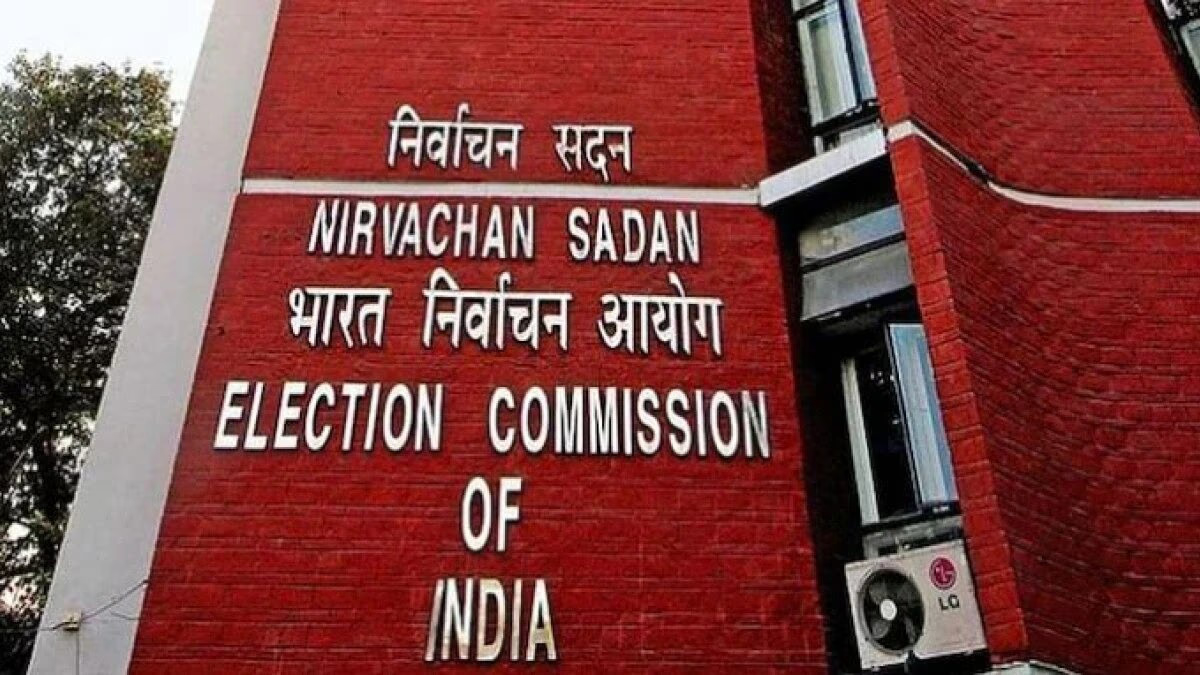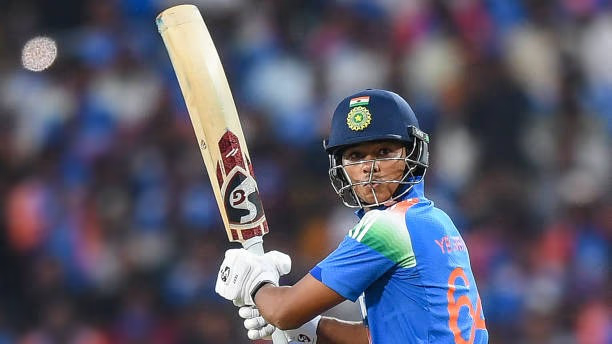The Chief Election Commissioner (CEC), Rajiv Kumar, is set to retire on February 18 after serving for over two and a half years. Thus, a meeting of the selection committee, chaired by Prime Minister Narendra Modi, is scheduled for February 17 to find a new Chief Election Commissioner. Let's understand how an election commissioner is appointed.
The three-member selection panel established for appointing election commissioners and the Chief Commissioner includes the Prime Minister, a Union Minister designated by the Prime Minister, and the Leader of the Opposition in Lok Sabha, Rahul Gandhi. Previously, appointments were based on seniority, but now, under the new statutory provisions, the selection committee, either by majority or consensus, selects the new Election Commissioner or Chief Election Commissioner. Here’s the full process...
Understanding the Election Commission
Article 324 of the Constitution mentions the Election Commission. There is a Central Election Commission in the country, and each state has its own State Election Commission, each led by a Chief Election Commissioner. The Election Commission is responsible for conducting Lok Sabha, Rajya Sabha, Legislative Assembly, and Presidential and Vice-Presidential elections. The senior-most official is the Chief Election Commissioner (CEC), under whom are the Election Commissioners (EC). Once Lok Sabha or Assembly elections are announced, the model code of conduct is imposed, and the entire administrative machinery comes under the Election Commission’s jurisdiction. Transfers and postings are directed by the Election Commission. The state governor appoints the State Election Commissioner.
How Appointments Are Made
The appointments of CEC and ECs are governed by the provisions of the Appointment, Conditions of Service, and Term of Office Act, 2023. This Act replaced the older Election Commission (Conditions of Service and Transaction of Business of Election Commissioners) Act of 1991. The Election Commission initially had only one Chief Election Commissioner, but now it includes a Chief Election Commissioner and two Election Commissioners.
Also Read: 'The election data system is robust, nothing can be wrong', says CEC Rajiv Kumar on allegations of tampering
The Complete Process
The new law for CEC and EC appointments specifies that the Ministry of Law is first tasked with shortlisting candidates for the Chief Election Commissioner or Election Commissioner post. These names are forwarded to a three-member committee chaired by the Prime Minister. The selection committee has the authority to recommend a candidate not on the shortlist. The committee forwards its recommendation to the President, who then gives final approval and issues a notification. The appointed CEC or EC will then take an oath at the Election Commission and assume their duties. The committee is chaired by the Prime Minister, with the Leader of Opposition in Lok Sabha and a Union Minister nominated by the PM as members.
Former Composition of the Selection Committee
Previously, the Chief Justice of India (CJI) was also a member of the selection committee. However, a new law introduced by the central government in December 2023 replaced the CJI with a Union Minister. Before this, Election Commissioners were appointed by the President on the government’s recommendation, and traditionally, the senior-most officer was appointed as CEC.
Also Read: 'If we can snap a pager, why can’t we hack an EVM?', Election Commissioner responds to allegations
Tenure of CEC and ECs
The tenure of the Chief Election Commissioner and the two Election Commissioners is six years. The retirement age of the CEC is 65 years, and for Election Commissioners, it is 62 years.
The Election Commission is composed of a Chief Election Commissioner (CEC) and two additional Election Commissioners (ECs), appointed by the President of India under the provisions of Article 324 of the Constitution. The President appoints the CEC and other ECs based on the selection committee's recommendations. Formed in 1950, the Election Commission of India was initially a single-member body, with only a Chief Election Commissioner until October 15, 1989.
From October 16, 1989, to January 1, 1990, it functioned as a three-member body. During this period, RVS Shastri was the Chief Election Commissioner, and SS Dhanoa and VS Sehgal were Election Commissioners. From January 2, 1990, to September 30, 1993, it returned to being a single-member body, becoming a three-member body again on October 1, 1993. Since then, the Election Commission of India has consisted of three members, including the CEC and two ECs.




